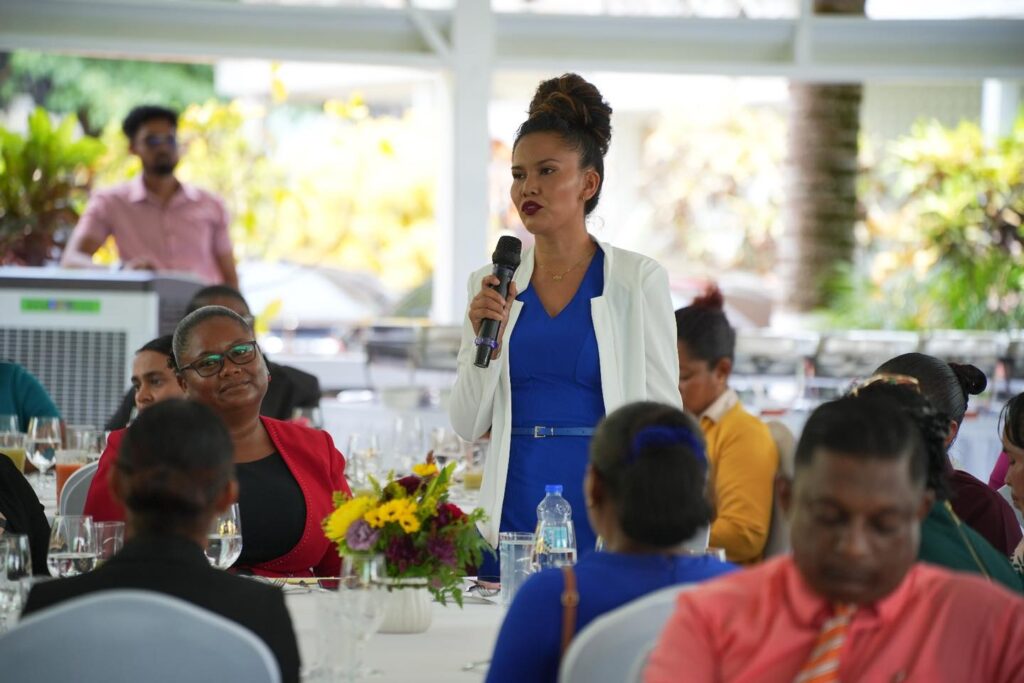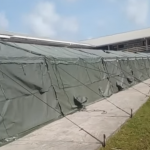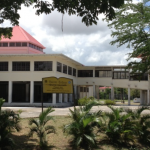
With the country being faced with a shortage of teachers, the President is hoping that the more than 2000 teachers that will be added to the system after graduation later this year, will be able to cushion the effects of the shortage of teachers.
Speaking to a group of headteachers and deputy headteachers on Monday at a State House meeting, the President the concern remains over the number of teachers leaving the system.
“The Minister [of Education] just informed me that in November this year, we will be graduating 2,300 trained teachers that will now go back into the system, and that will ease a lot of this problem,” the President said.
The Kato Secondary School in Region Eight is among the schools grappling with a shortage of trained teachers.
During the meeting, one teacher explained that the school has 15 teachers, which would be 30 less than the required quota.
“Currently at the school, there are only 15 teachers, and we have a lot of students there to teach, and it is very hard on us,” the Kato Secondary School teacher told the President.
At Mahdia Secondary School, there are approximately 22 teachers on staff. However, a number of them have been seconded to other schools, leaving the school starved of educators. Ideally, the school should have a total of 35 teachers.

Representation was also made for reading specialists to be assigned to the B, C and D schools in the country where some children exhibit signs of having a significant reading deficiency.
Another Teacher, Yvonne Gomes – a senior mistress at the Paramakatoi Primary School – told the President that there is a serious problem overcrowding at the school.
“We are in dire need of an extension of the school because we are currently overcrowded. The village was small but its growing, so we have an increase in pupils every year. So, at this point we are seven classrooms short,” Gomes explained.
Weighing in on the issue, a teacher from St Ignatius Secondary School said the school has outgrown its capacity. It was explained that the school was built to accommodate a population of 500 children, but currently has a population of more than 1,100.
Head Teacher of Kanapang Primary School in Region Eight, Joyce Paul, was among teachers, who bemoaned the lack of internet access in hinterland villages, and the negative impact of such absence on their ability to teach effectively.
“We would like to have internet access, especially now that we have renewed curriculum. In our curriculum guides we have links, YouTube links for us to have access but we cannot have that now. So, we would like to have internet access,” the Kanapang Primary School Head Teacher said.
She also made a case for teachers in the Hinterland to be equipped with laptops and other technological devices to aid in their work.
The lack of transportation to take both teachers and students to school on a daily basis was another critical issue raised by Paul.
“We have learners coming to the main school; they have to walk three hours, four hours, and no transportation, no access to any form of transportation. So, we were asking, even if you cannot provide the ATVs or cruiser, we need at least bicycles,” she told the President.
In response, President Ali said his government is actively addressing the issues confronting the teachers.



















You must be logged in to post a comment Login